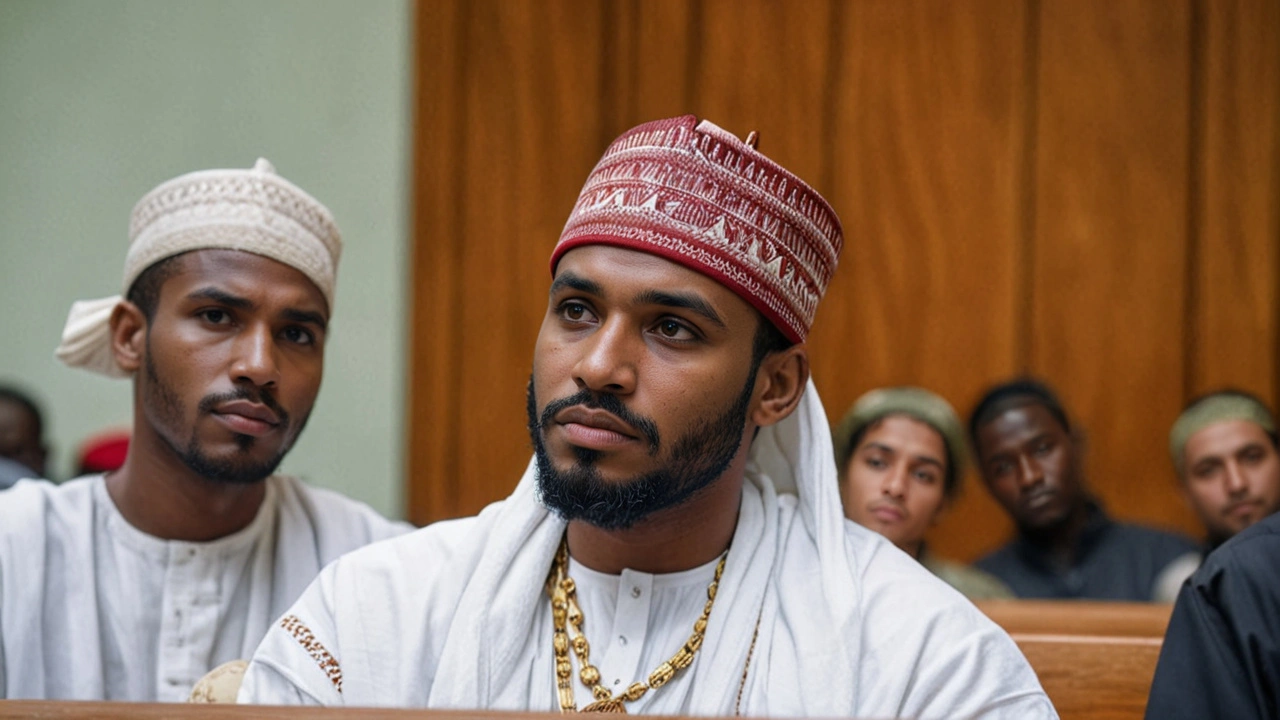Money laundering: what it is and why you should care
Money laundering hides the origin of cash from crime so it looks legal. The UN estimates illicit funds equal a big slice of global trade — hundreds of billions to trillions of dollars each year. That money fuels organised crime, corruption, and weak institutions. If you run a business, work in finance, or just live in a community, knowing how laundering works helps you spot it and stop it.
Common methods and red flags
Criminals use simple and complex tricks. Cash-heavy businesses like restaurants, car dealers, and casinos get used to mix dirty cash with real sales. Shell companies and fake invoices hide cross-border payments. Trade-based laundering manipulates invoices so value moves with little real goods. Real estate and luxury goods are popular too — quick, high-value buys clean a lot of cash fast.
Watch for odd behaviour: sudden large deposits that don’t match business history, clients who refuse normal ID checks, frequent transfers to or from countries with weak controls, or many small transactions structured to avoid reporting thresholds. Politically exposed persons (PEPs) and family members with unexplained sudden wealth are another red flag.
What you can do: reporting and basic compliance
If you run a business, follow simple steps to reduce risk. Do basic KYC: know who your client is, verify ID, and record the source of funds for high-value deals. Keep clear records and set internal checks so one person can’t move big sums alone. Train staff to spot red flags and make it easy to report concerns internally.
In South Africa and many African countries there are legal rules. For example, South Africa’s Financial Intelligence Centre Act (FICA) requires banks, estate agents, casinos and others to report suspicious transactions to the Financial Intelligence Centre (FIC). Reporting is confidential and protects you — many countries offer hotlines or online portals to submit Suspicious Transaction Reports (STRs).
Don’t ignore doubts. If something feels off, ask questions and document answers. A quick call to your compliance officer or local regulator can stop a small problem becoming a big one. Businesses should adopt risk-based checks: higher scrutiny for unusual clients or big deals, lighter checks for routine, low-risk activity.
For everyday people: keep your paperwork when selling or buying high-value items, insist on proper receipts, and don’t accept odd cash offers for big transactions. If someone pressures you to hide ownership or to shift money via personal accounts, walk away and report it.
Money laundering drains communities. By knowing common schemes, keeping clear records, and reporting suspicious activity to the right authorities (like the FIC in South Africa), you help protect your business and your neighbourhood. If you suspect laundering, contact your bank or the national financial intelligence unit — quick action matters.

Ex-Minister Saleh Mamman Collapses in Federal Court Amidst Money Laundering Charges
Keabetswe Monyake Jul 12 16Former Minister of Power Saleh Mamman collapsed outside the Federal High Court in Abuja on Thursday, where he faced a 12-count charge of money laundering filed by the EFCC. His counsel revealed that Mamman's collapse was due to ill health. The session was rescheduled after he was treated by court medical personnel.
More Detail